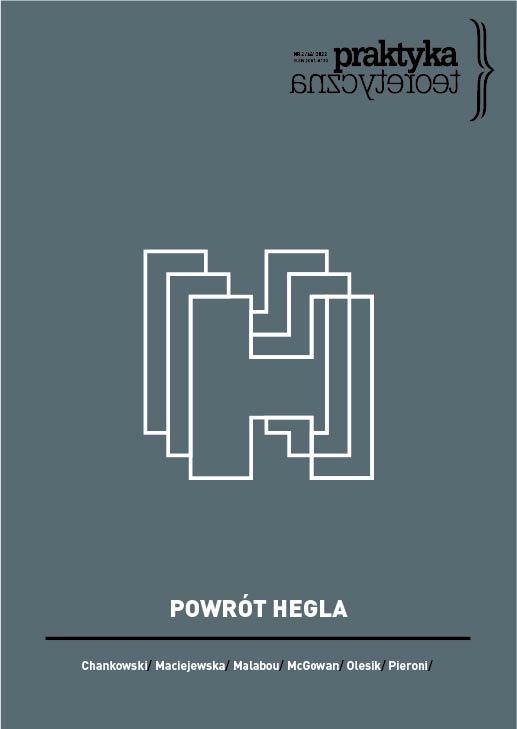Rola stanu ogólnego a znaczenie instytucji publicznych w Zasadach filozofii prawa Hegla
The Role of the Universal Estate and the Weight of Public Institutions in Hegel’s “Philosophy of Right”
Author(s): Stanisław ChankowskiSubject(s): Law, Constitution, Jurisprudence, Philosophy of Law
Published by: Uniwersytet Adama Mickiewicza
Keywords: universal estate; ethical life; economics; burgeoise; citoyen; Hegel
Summary/Abstract: The text analyses the activities that are delegated by Hegel to the univer-sal estate in his Philosophy of right. The characterization of these activities is very superficial, despite the extremely important role assigned to the representatives of this group within the totality of the social structure. The universal estate should, according to Hegel, address the universal good and prevent the disintegration to which the blind laws of modern economics lead. Accordingly, the universal estate should represent a kind of supreme common good and should provide the criteria for its understanding to the rest of the public institutions. The meaning of Hegel’s text, however, is ambiguous. On the one hand, he attributes an extraordinarily high rank to these institutions, differing himself from the proponents of an atomistic social ontology; on the other hand, the elaboration of the characterization of the universal estate leads to a neoliberal understanding of the role of institutions. This role would come from the fact that the universal estate is defined by the negation of all particularistic interest and by master’s attitude of confronting negativity. The universalization of this pattern in civil society leads to the ideological concept of the heroic entrepreneurship and its institutionalization as a paradigmatic way of understanding the common good.
Journal: Praktyka teoretyczna
- Issue Year: 2022
- Issue No: 44
- Page Range: 19-47
- Page Count: 29
- Language: Polish

